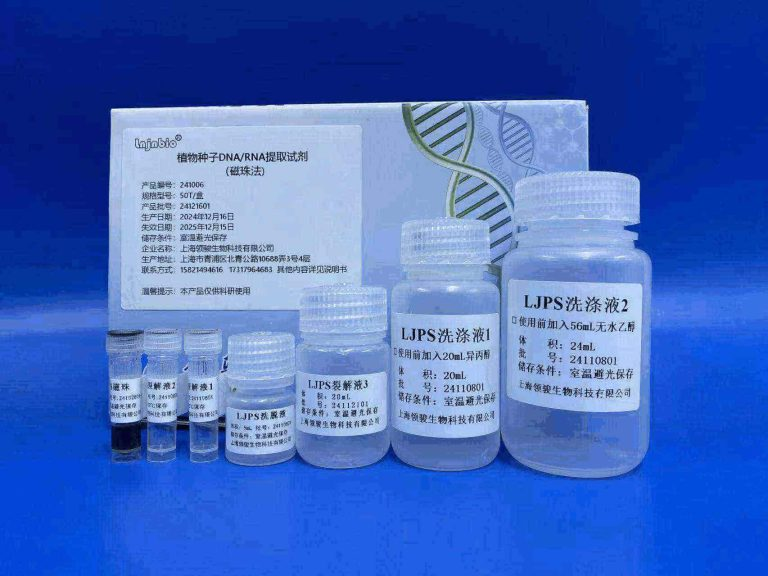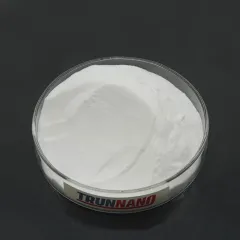Salt Silicate: A Versatile Compound Driving Advancement and Sustainability
Intro and Standard Characteristics
Sodium silicate, commonly called water glass, is a multifunctional compound that plays a vital duty in farming, building materials, industrial handling, and environmental protection. As an inorganic compound with the chemical formula Na â‚‚ O · nSiO â‚‚ (where n usually varies from 2 to 3), it consists of sodium oxide (Na â‚‚ O) and silicon dioxide (SiO â‚‚). Sodium silicate displays superb water solubility, thermal stability, and chemical security, maintaining performance throughout different settings. Furthermore, it poses very little environmental damage, as it does not launch harmful gases or heavy steel ions, straightening with modern society’s environmental management standards. These buildings make sodium silicate suitable for usage as adhesives, fireproof layers, cleaning up representatives, and water softeners. Its distinct chemical structure enhances it with numerous useful characteristics, such as enhancing worldly strength, enhancing fire resistance, and enhancing surface area covering quality.
In agriculture, salt silicate promotes root advancement and photosynthesis efficiency in crops, boosts plant strength versus negative conditions, decreases chemical use, and boosts soil framework and fertility, contributing to sustainable farming techniques. Particularly, salt silicate gives crucial salt aspects to plants, enhances soil physical buildings, increases soil leaks in the structure and water retention, helping vegetation recuperation and ecosystem reconstruction. Consequently, sodium silicate plays a vital role in advertising eco-friendly agriculture, guaranteeing greater yields and better plant top quality. Furthermore, it effectively avoids pests and illness, even more reducing reliance on chemical pesticides and shielding the environment.
(Sodium Silicate)
Advancement and Optimization of Prep Work Techniques
The prep work strategies for sodium silicate have evolved from typical techniques to sophisticated synthesis routes. Early methods mostly entailed fusion or wet procedures. The blend technique entails mixing a particular ratio of salt salts and quartz sand, warming them to high temperatures up until they thaw, and after that cooling them into strong blocks; the wet procedure entails reactions in liquid stage to straight generate sodium silicate options. Although these techniques are straightforward, they suffer from high energy usage and irregular item high quality. Recently, researchers have actually developed more effective and environmentally friendly preparation approaches. For example, the alkaline leaching-precipitation method generates high-purity sodium silicate powders at reduced temperatures, reducing power usage and boosting return. In addition, research study into using biomass waste as basic material has accomplished substantial progress, advertising source recycling.
To fulfill growing market needs, researchers continuously discover ways to maximize existing manufacturing procedures, minimize expenses while guaranteeing constant top quality. Advanced automation systems and innovations currently make it possible for large-scale continual manufacturing of sodium silicate, significantly facilitating its business application. This not only boosts production effectiveness however additionally lowers manufacturing expenses, making sodium silicate practical for wider applications. In addition, researchers are regularly boosting preparation procedures to accomplish higher-quality products. By controlling response problems and including suitable modifiers, the molecular framework and performance of sodium silicate can be gotten used to far better meet the demands of various sectors. With technological advancements and altering societal needs, the prep work techniques for salt silicate will certainly continue to progress in the direction of greater performance and environmental friendliness.
(Sodium Silicate)
Extensive and Profound Application Influence
Sodium silicate finds substantial and profound applications throughout numerous fields. In agriculture, it serves as an effective fluid fertilizer, advertising root development and photosynthesis performance, stopping insects and diseases, enhancing dirt structure, and enhancing dirt fertility. In building and construction products, sodium silicate considerably improves concrete stamina and sturdiness, extending building lifespans, and is utilized in specialized building materials like fire-resistant layers and insulation, enhancing structure safety and power effectiveness. In commercial applications, salt silicate serves as a change, strengthener, and mold launch representative, enhancing product quality and handling efficiency. In environmental protection, salt silicate shows tremendous potential for treating wastewater by adsorbing heavy steel ions and protecting against secondary contamination; as a dirt remediation agent, it aids bring back contaminated land by enhancing dirt framework, increasing leaks in the structure and water retention, assisting vegetation recuperation and ecological community reconstruction.
Because of its superb biodegradability and low poisoning, salt silicate is thought about an ideal green chemical material, appealing wider applications in ecological markets. Especially, salt silicate can repair hefty steel ions in wastewater via adsorption, stopping additional contamination; in soil remediation, it improves dirt framework, raising leaks in the structure and water retention, assisting vegetation recuperation and ecosystem restoration. Furthermore, salt silicate radiates in cleaning up representatives and water softeners. As a natural cleaning agent, salt silicate successfully gets rid of persistent spots like oil and corrosion without triggering ecological air pollution. Additionally, it has superb water conditioning results, binding calcium and magnesium ions in water to stop scale development and shield pipes and equipment from damage. For that reason, in home cleaning items, industrial cleaners, and boiler water therapy, sodium silicate is a suitable choice.
(Sodium Silicate)
Addressing Difficulties and Future Instructions
In spite of significant accomplishments, difficulties remain in minimizing production expenses, making sure constant quality, and establishing cutting-edge applications for sodium silicate. Manufacturing costs are still an issue despite new methods considerably lowering energy and resources usage. Broadening market share needs exploring a lot more cost-effective production processes. Quality assurance is another crucial problem, as different markets have varying needs for sodium silicate high quality. Making certain consistent and secure item quality stays an essential difficulty. Furthermore, with raising environmental understanding, creating greener and more environmentally friendly sodium silicate items is a vital future direction.
Looking in advance, research and development in salt silicate will certainly focus on improving manufacturing efficiency, lowering prices, and increasing application areas. Scientists are proactively checking out new synthesis modern technologies and modification methods to accomplish exceptional efficiency and lower-cost products. As environmental issues grow, looking into sodium silicate items with higher biodegradability and lower toxicity will come to be progressively crucial. Additionally, the possible applications of salt silicate in emerging fields like renewable resource and advanced products hold promise for new technological innovations. In general, salt silicate, as a multifunctional and environmentally friendly substance, has actually currently played a considerable function in numerous sectors. With technical improvements and progressing social requirements, the application leads of sodium silicate will expand, adding more to the lasting advancement of various fields.
TRUNNANO is a supplier of Sodium Silicate with over 12 years of experience in nano-building energy conservation and nanotechnology development. It accepts payment via Credit Card, T/T, West Union and Paypal. Trunnano will ship the goods to customers overseas through FedEx, DHL, by air, or by sea. If you want to know more about Potassium SilicateSodium Silicate, please feel free to contact us and send an inquiry(sales5@nanotrun.com).
All articles and pictures are from the Internet. If there are any copyright issues, please contact us in time to delete.
Inquiry us




